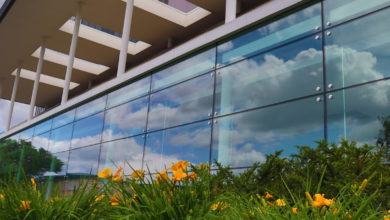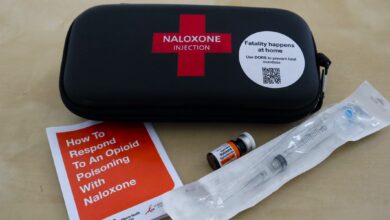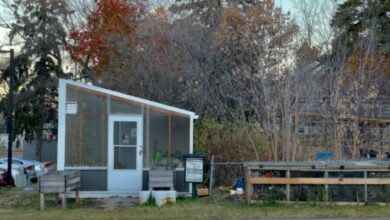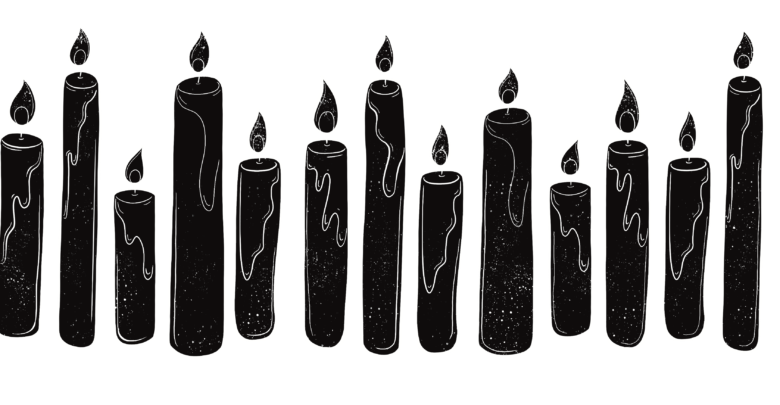 Sofia Capettini
Sofia CapettiniBy now everyone is familiar with the saying that 2020 was a terrible year because of the COVID-19 pandemic. But eight days into last year there was an event that instantly took the lives of 176 innocent people: the tragedy of Flight PS 752.
Today, January 8, 2021, marks the one-year anniversary of this immense tragedy and loss of innocent lives.
Javad Soleimani, a graduate student in the school of business at the University of Alberta, was in the Fishbowl on campus studying on January 7, 2020. He was prepared for a late-night study session of going through academic articles when he would have his life forever changed by a social media notification.

His wife, Elnaz Nabiyi was on Flight PS 752 and was bound to return to Canada after visiting family in Iran during the holiday break. A Telegram message popped up out-of-the-blue on his screen indicating a plane crash occurred.
He immediately thought, not her plane. He had only just texted her to confirm boarding her flight from Tehran to Kyiv, the first of three arduous flights back to Edmonton.
Then he read closer and saw the flight number, five characters that would change everything for him and crash his entire world: PS 752.
He turned to his friend studying alongside him and asked, can you check this?
“I looked into his eyes and asked, am I seeing this right? There’s no way it’s 752. I am mixing the numbers up. He looked at me with tears in his eyes and said, ‘Javad, that is the plane.’”
I. Absolute tragedy
The entire flight of 176 people, including the nine crew members, were killed. Canada had the second highest loss of life after Iran, with 63 citizens or permanent residents onboard.
13 Edmontonians were lost forever, including 10 University of Alberta members.
Daniel Ghods-Esfahani, a first-year medical student at the U of A, lost his girlfriend Saba Saadat. Prior to the accident, Daniel had been texting Saba. The Tehran International Airport had free WiFi available for passengers waiting in the terminals but only for an hour. Daniel wanted to make use of all that time to catch up. It was at that moment he had seen the news of a series of missile strikes occurring.
On January 7, Iran fired retaliatory missiles onto United States military bases and positions in Iraq five days after a U.S. targeted drone strike killed Iranian Revolutionary Guard Corps (IRGC) Major General Qasem Soleimani.
Daniel informed Saba about the strikes and asked her what was happening at the airport. She described to him an anxious and tense environment. Many expected they would not take off due to the military actions playing out in real time.
“Saba kept telling me how she hoped that her family would be able to fly and just get away from this evolving situation. I kept reassuring her and telling her I was praying for her return and that the airspace would remain safe.”
Saba was to depart at 5 a.m. Iranian time. At around 4:30 a.m. Daniel’s messages stopped delivering to Saba’s phone. He assumed it was due to her being disconnected from the public WiFi. Daniel kept checking the flight updates to see if it had taken off. He saw that it had been delayed an hour and that it had finally taken off at 6:12 a.m. He went back to studying feeling reassured his girlfriend was on her way back home.
Less than three minutes later the flight was hit by the first of two short-range missiles. 23 seconds later a second missile detonated, forcing the plane to bank heavily to the right for a few seconds before it became completely engulfed in flames. Flight recorder analysis showed the three crew members in the cockpit trying to maintain the aircraft’s altitude for 19 seconds after the first missile strike until the recordings ended. The aircraft was completely destroyed on impact with the ground.
Daniel was nose-deep in his studies when his mother called later that evening asking what flight Saba and her family were on. He told her, Flight PS 752. Daniel didn’t think anything of it as his mother remained silent on the other end of the phone call. After the call, one of his close friends messaged him with the same question. His friend then said, ‘did you hear what happened?’
“I thought he was just referring to the missile strike on the American bases,” Daniel said. “They then told me about the plane crash… In that moment I was filled with dread as I put the pieces together of why two people were asking me what flight Saba was on.”
He quickly Googled ‘Tehran plane crash’ and was greeted with a video from social media of Flight PS 752 exploding and crashing to the ground.
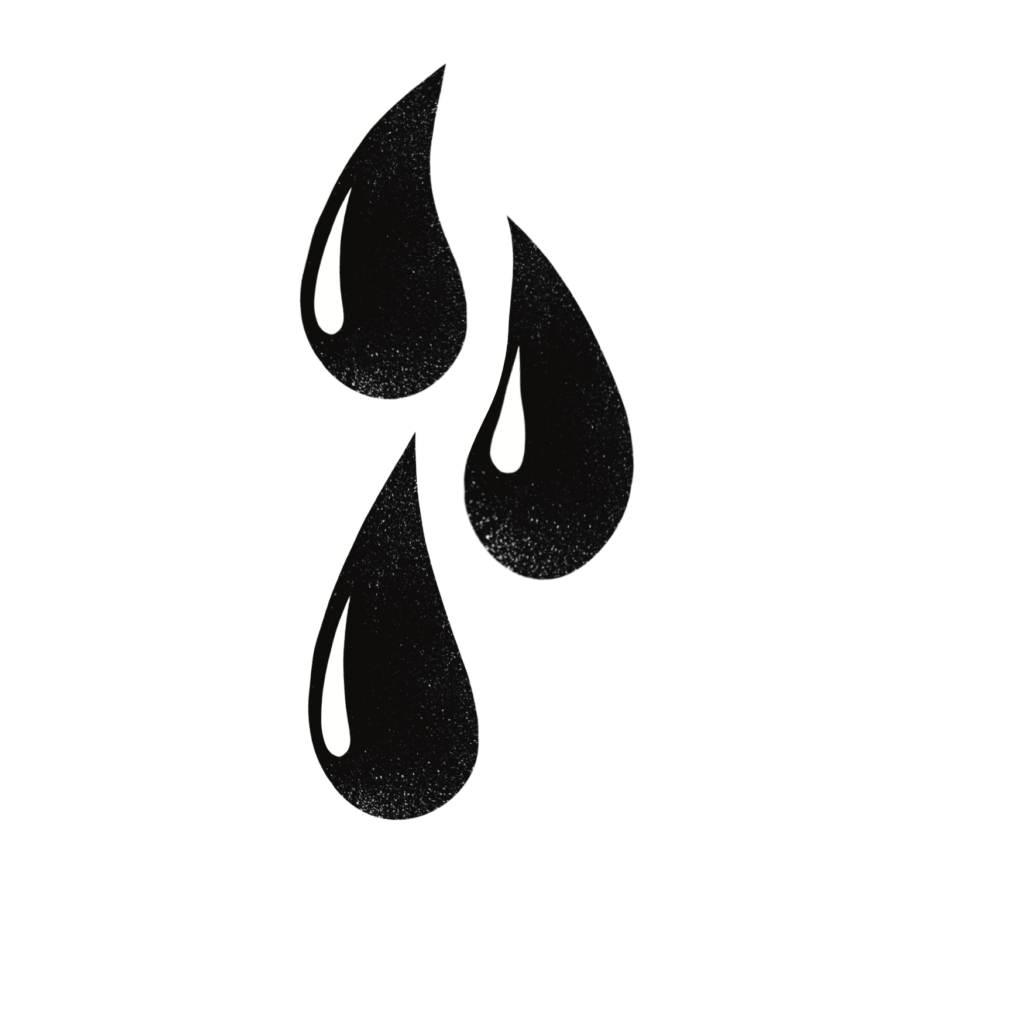
“It was as if someone poured a bucket of ice down my back,” Daniel said.
“I was just thinking, there must be survivors. This can’t be happening. The tears just started and I kept crying for a long time.”
David Turpin, president of the university at the time and now president emeritus, woke up to early morning texts on January 8, 2020 from his chief of staff. He had been alerted that a plane crash had occurred in Iran and that many staff had taken time during the break to go visit family in Iran. While the team did not know specifics yet, they knew it was likely members of the U of A were onboard.
“We knew pretty early on that there would be a significant impact,” Turpin said. “We just did not realize it would be this massive. We were stunned. Absolutely stunned at the scale of this awful tragedy.”
The university’s crisis management team was mobilized and went to work. Within hours, crisis counsellors were set-up across campus and support and quiet rooms were created. Student Services and readied itself to assist the grieving U of A community through counselling, accommodations, and extensions. The faculties of engineering and science quickly developed plans to support all the affected faculty, staff, or students. Chaplains readied themselves to meet with grieving members of the extended U of A community. Both the Students’ Union (SU) and Graduate Students’ Association (GSA) prepared to meet what would become the darkest day in the U of A’s history.
Fahed Elian, then GSA president and PhD student in medical genetics, was at home when he received a call from an Iranian friend of his. Immediately, he started looking at news from the Middle East and saw that a plane crash had occurred in Tehran.
“I had heard that there were passengers on that flight that had very close ties to Canada. At that time, that was all we knew.”
He recalled immense stress and anxiety as the wait for more information to emerge progressed. He received a call from Turpin around 7:30 a.m. on January 8, 2020. Turpin told him that there are likely individuals with strong ties to the U of A onboard and that he would be there to support Elian and the entire GSA in any way.
“That was the first sense of the tragedy,” Elian recounted. “I was in shock mode. I was trying to convince myself that the information was wrong. That there were survivors.”
Elian quickly made his way to campus and assembled the GSA executive and board together. His first request was to ensure the organization was not involved in sharing any information unless they knew it was verified.
“There was so much being shared around on social media. There were names and so much uncertainty,” Elian said. That all changed when Ukrainian International Airlines posted the official flight manifest of PS 752 showing all crew and passengers onboard.
Hours later, The Gateway published an article at 10 a.m. showing the ten U of A members lost on the plane after fact-checking and verifying. Other media outlets followed suit.
“Hearing then that we lost five graduate students and one alumnus was way too many,” Elian said.
“When I was campaigning to become president of the GSA I said that a problem to one student is one too many. Here I was now facing an immense tragedy that would redefine the lives of so many.”
FAHED Elian
“One flight, but immeasurable ripple effects throughout the world; ones leading right to the University of Alberta,” he added.
Seeing the manifest with Saba, her sister Sara, and her mother Shekoufeh listed on it destroyed Daniel. He could not sleep for days and was unable to do anything. The only saving grace in the hopeless situation he faced was when friends came to his place to work through the grief together.
“It was my family, community, and friends that helped me — and quite frankly continue to assist me — through this heartbreak,” Daniel said.
Akanksha Bhatnagar, Students’ Union president at the time of the tragedy, said she could not comprehend the loss of life. Despite the confirmation once the flight manifests were released, she held out hope that there would be a big announcement stating the information released prior was wrong. No such event occurred and the loss quickly became very real to her and those around her.
After taking a moment for herself, she immediately began directing her team and working with the university to best support those directly impacted by the tragedy.
Jamie Hogan, an assistant professor in the department of mechanical engineering, was set to receive Amir Hossein Saeedinia as his PhD student. Some of his other graduate students were going to pick Saeedinia up from the Edmonton International Airport once he landed. He learned about the horrific news from this group of students set to welcome a new colleague.
“It is a horrific tragedy,” Hogan said. “Amir was excited to come to Canada and start the next chapter of his academic and professional life. He was full of promise. That is the true tragedy here, the loss of so much potential.”
II. Reacting to the loss
After that fateful early morning in the Fishbowl, Javad Soleimani returned to his home and descended into a tearful sorrow. He recounted in his head how in 23 hours Elnaz should have been back in his arms after her three weeks away — the longest time they had been apart as a couple. He booked a haircut for their reunion. He planned to tidy up their apartment. Now nothing made sense.
“I cried, a lot,” Javad said. “The next morning, I am not sure where this feeling emerged, but I just knew I had to go to Iran.”
Russ Greiner, a professor in the department of computing science at the U of A, worked with Pouneh Gorji in his lab. Pouneh was travelling back to Canada with her husband Arash Pourzarabi after recently getting married back home in Iran. Both were graduate students at the U of A focusing on finishing their research to complete their theses.
“Pouneh was such a joy to be around,” Greiner said. “She brought such enthusiasm to the laboratory. She had a special relationship with Arash — one that was supposed to just be starting a new chapter, but Flight PS 752 robbed them of that.”
When he first heard about the loss of Flight PS 752, Greiner immediately thought about how he had a 25-year old daughter — the same age as Pouneh. She too was about to fly on a trip of her own. He couldn’t come to grips with the idea.
“I couldn’t keep the thought of the horror of what Pouneh’s parents must have gone through out of my head,” Greiner said. “The utter shock of losing someone so quickly.”
Greiner said the lab was never the same after losing Pouneh. She was a positive upbeat person who was also vice-president of fun. She was charged with organizing team-building and social activities for the laboratory colleagues to enjoy together.
“How could someone so full of life be gone forever? She didn’t even get to have a full life. She just had the happiest day of her life at the wedding of her dreams. But she lost her life. That brightness she brought to the world is gone forever.”
For Fahed Elian, January 8 represented the most painful day of his life. “I had never had to deal with a tragedy of an airplane crash, especially with folks that I had direct ties with. Now I had to do that and direct a team that represented all graduate students at the U of A while remaining composed. It was an impossible task.”
The first two days post-crash for the GSA were centred around fact-gathering about those lost and providing support to those immediately affected and the greater Iranian-Canadian community in Edmonton. “Whatever resources or support we could provide, we did,” Elian said confidently. “Doing all of that was an immense challenge. I had to be strong and available to my team and any graduate students, while also grieving the loss of the flight and the two people I was closest to who I would never see again.”
Jamie Hogan said he was overwhelmed by the moment of loss. He did “dozens upon dozens” of media interviews for local to international news platforms to scientific outlets after the tragedy to share Saeedinia’s story.
“At that time, I felt it was incredibly important to share Amir’s story. I didn’t want people to get lost in the overwhelming number of over a 100 people lost on this flight. I wanted to show that each of those people meant something.”
“I didn’t really process what was happening until after. Once the interviews stopped, that’s when it hit me,” Hogan continued.
“By constantly talking about the tragedy, it helped me to cope. To not bury those feelings.”
Hogan added that he had many graduate and undergraduate students at the time as well who were deeply affected by the loss of Flight PS 752.
“I had to put on a smile and brave face. By helping them [my students] through it, it actually helped me a lot as well. It helped me to internalize it and move forward.”
Reflecting on the events that transpired, Elian said he believes he has become stronger and more resilient as a person. “At the time, I thought the more I gave the better,” he said. “What I realize now is that as a leader you need to take time to heal as well, to grieve personally, so that you have things left to give to those who will need support.”
Bhatnagar said she was overwhelmed by how the student body of the U of A banded together by supporting both the families of the victims and those students who knew some of the professors or students who were lost on Flight PS 752.
“It seemed like campus was immediately connected. No matter what faculty or program you were in, it felt like everyone was mourning. It was moving to see on social media the offers for support and condolences materialize in real time.”
“I hope that we as a University of Alberta community never forget that,” Bhatnagar added.
Angelina Salvador, a recent U of A graduate applying for medical school programs, was lab partners with Saba Saadat.
“I couldn’t believe the news when I heard about her death,” Salvador said. “Saba was so smart and was the best partner I could have asked for. She always talked about her dreams of going to medical school. It just feels wrong to be applying and going through the process of getting into medical school without her.”
For Daniel, seeing the community support from fellow Iranian-Canadians, Edmontonians and the whole country offered some strength to him. While attending the vigil outside the Alberta Legislature Building in the evening on January 8, 2020 Daniel felt the communal sense of loss and grief, but it helped him realize he was not alone.
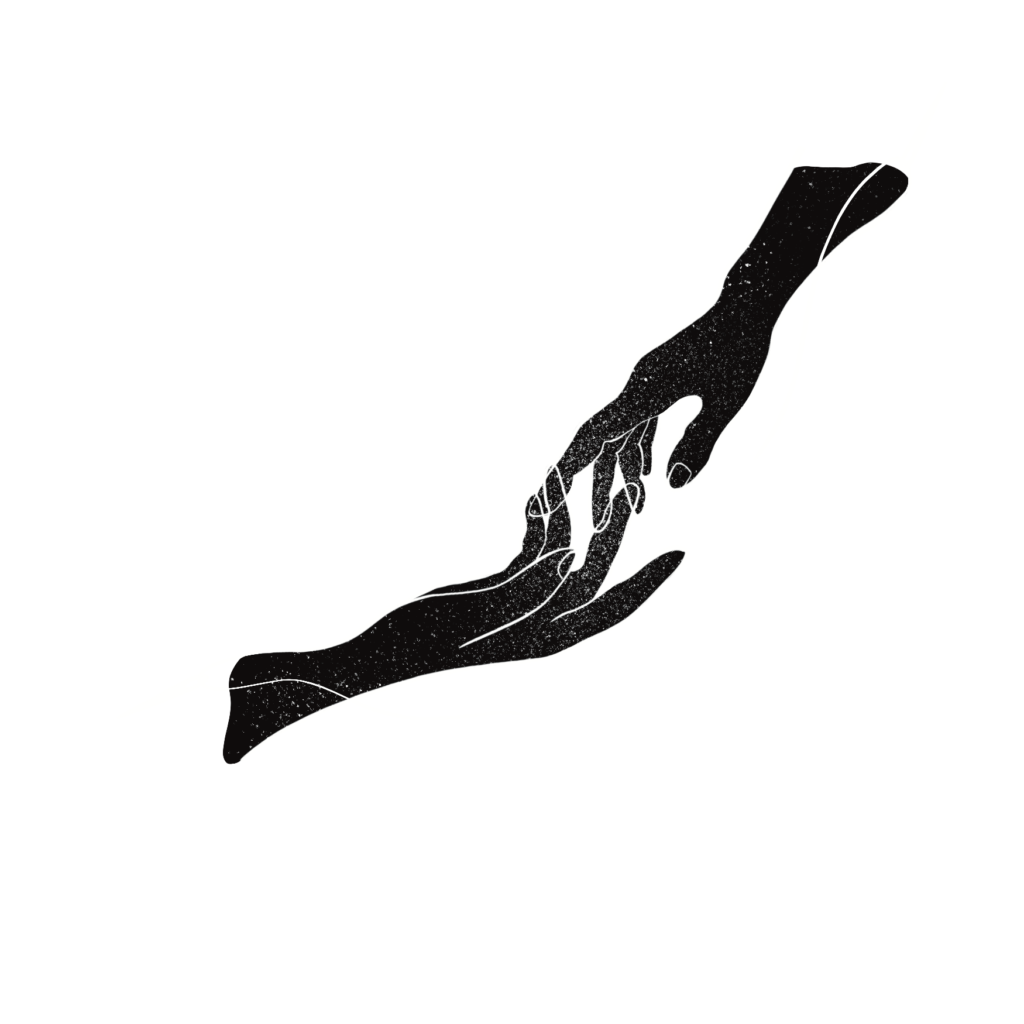
In the days leading up to the memorial service at the University of Alberta Saville Centre, Deputy Prime Minister Chrystia Freeland visited campus. The private event was meant to show support for the tragic losses of innocent life and have the families of Flight PS 752 passengers have their stories heard. Turpin said the meeting was somber and heartbreaking.
“Deputy Prime Minister Chrystia Freeland very quickly came to campus after the tragedy of Flight PS 752 occurred and the full scope of loss was beginning to be understood,” Turpin said. “She was supportive and gave everyone a chance to speak. She wanted to know every detail of each of the lives forever lost to this tragedy.”
“The grief and loss being expressed was overwhelming in every regard. Her warmth and caring was palatable. She offered a sense of compassion and purpose. She reinforced to the families in the end that this tragedy was something the government was actively trying to get answers and justice for.”
In Bhatnagar’s view, she felt that most people simply wanted their emotions to be heard — their anger, sorrow, and hope that transparency and justice would be sought.
“Being tertiary to that, it was moving to watch it happen,” she said.
“The families wanted to know answers,” Bhatnagar added. “Having the direct interactions with the deputy prime minister herself I am sure helped assure some of their feelings of distress. While the government didn’t have all the answers, it seemed like Freeland then was ready to inform the response and ensure those answers were acted upon swiftly.”
The memorial service at the Saville Centre on January 12 had well over 2,500 people in attendance, including Prime Minister Justin Trudeau, Alberta Premier Jason Kenney, and Mayor of Edmonton Don Iveson. The overflow capacity for the Saville Centre even filled up past its own capacity, with hundreds lining the hallways watching the service through their phones. Thousands watched the stream from homes across the world.
For Turpin, the event highlighted the unique threads connecting the University of Alberta to the world and how in that collective moment of utter sadness the world was united in support. “That event showed the beauty of what it means to be a Canadian,” he said. “That we are a collective of people who have come from places spanning the whole globe, but we live, work, learn together and from one another. We respect together. Together we find our purpose.”
“The scale of this tragedy of horrendous proportions never ceases to amaze me,” he added. “Iran is half a world away. Yet in that moment, there was this large community in mourning for individuals who had come so far. It really showed to me that Canada and the University of Alberta play such an important role.”
President emeritus david turpin
Daniel ended up taking an entire year off from his studies after completing his first seven months of medical school so he could focus on rebuilding a semblance of his life. While he originally was accepted at the University of Calgary, Daniel ended up being granted a transfer to the U of A to complete his medical studies once he was ready again.
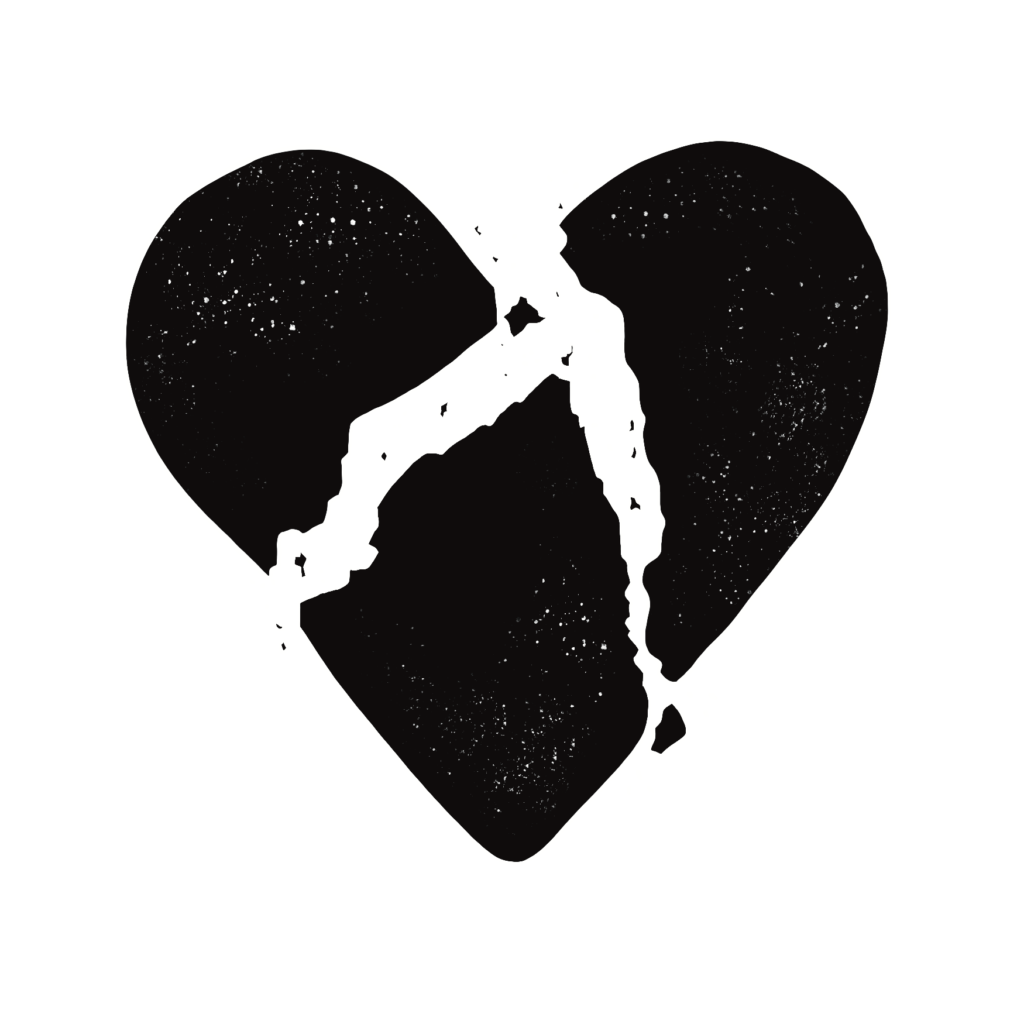
Javad also dropped out of his academic programming for the rest of Winter 2020. For him, restarting his studies seemed like a painful endeavour since he met Elnaz while attending university for his MBA at Tehran’s Sharif University of Technology. For a time, he could not pick up a book because it brought back the memory of how he first met Elnaz at a library.
“I did therapy, counselling, and am on medication,” Javad said. “My heart remains broken. There are days that are better than others. Sometimes I just feel like I am moving but don’t actually know how.”
III. Fighting for answers
A year later, the university is planning to continue to honour and memorialize the lives of the students, colleagues, and loved ones lost on Flight PS 752. A virtual memorial book will be open to anyone to share their memories, recollections, and grief. At the time of publication, the university said it was planning a series of multimedia reflections about the tragedy.
Hogan said that the best way to memorialize those on Flight PS 752 is to never forget the individual stories of those onboard.
“Throughout the month of January, we need to have conversations about this. We cannot forget what happened and the scale of this horrific tragedy.”
Not knowing what truly transpired on January 8 in the moments leading up to the fateful tragedy of Flight PS 752 has led Javad to relive the events in his mind countless times.
“I keep thinking and spinning ways of how this tragedy and senseless loss of life occurred. In some ways I feel perpetually stuck on January 8. Until we know the truth, I will not have closure,” Javad said. “This is the reality we are living day-by-day.”
On January 11, 2020 IRGC officials stated that prior to the downing of Flight PS 752, Iran remained at its highest state of defensive alert and was adopting a “wartime” posture. This admission came after days of Iran purporting the loss of the flight to “mechanical error” and that suggestions of the plane being shot down by Iran were an “American lie,” despite publicly available video clearly indicating missile strikes on the plane. Additionally, Prime Minister Justin Trudeau announced on January 9 that Canada possessed military intelligence, corroborated by allied nations, indicating PS 752 was shot down.
The IRGC had instructed its missile operators to remain alert and expect missiles launched by the United States. Yet, Iran never closed its airspace despite global civil aviation’s best practice of closing an airspace when military activity was expected or occurring. Hence Flight PS 752 was permitted to takeoff into an airspace dripping with geopolitical tensions at a penultimate high.
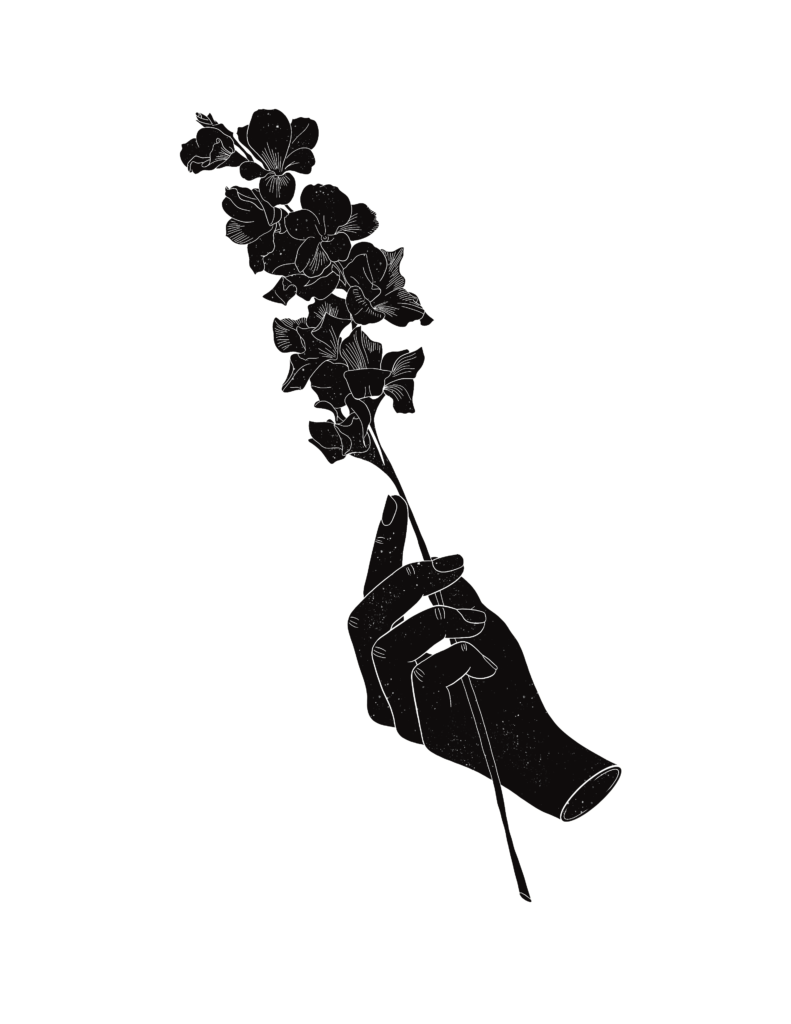
Fahed Elian and the GSA created a memorial plaque located in Triffo Hall. The plaque paid homage to the five graduate students lost in the tragedy, their accomplishments, and the accomplishments that the world was robbed of through their premature deaths. A ceremony was planned to unveil the plaque but due to the COVID-19 pandemic had to be scaled down.
Quickly after the downing of Flight PS 752 an association of those family members and loved ones left behind emerged as a support network challenging Iranian officials for answers. The international movement transcended borders, political beliefs, and diverse religious backgrounds to find justice.
Both Javad and Daniel joined The Association of Families of Flight PS 752 Victims without hesitation. The two are part of the collective trying to glean answers and ensure the perpetrators of the crime behind the downing of PS 752 are brought to justice.
“I lost everything on PS 752; the love of my life, my plans for my future, a part of my family, and the life I was living to the fullest with Saba,” Daniel said. “Not only did I have to process that but digest the fact that the entire sequence of events of what led to this incredible tragedy was not known or being lied about.”
Javad also decided to create a documentary to capture the love story he shared with his wife and to bring greater awareness to the PS 752 tragedy. He partnered with Mania Akbari to craft Dear Elnaz, a raw film depicting the cycle of pain, anger, and suffering he experiences while trying to find answers for her death. The pair completed the film in October of this year and immediately submitted it to the International Documentary Film Festival Amsterdam (IDFA) — the biggest documentary film festival in the world — where it was featured as part of the 2020 World Frontlight Premiere series on November 23.
“I wanted to show the heinous crime of downing Flight PS 752… and how such an action changed the lives of countless people around the world, including mine.”
“It’s not just about Elnaz. It really is a way for the suffering of the Iranian people over the past 42 years to be shown.”

Making the documentary assured Javad because of its permanence: it would be able to be viewed around the world for hundreds of years so that Elnaz and all the other innocent victims of the senseless downing of Flight PS 752 would be remembered.
“People say as time goes on, our loss will become normal,” Javad said. “Honestly, that will not happen for us because we did not have any closure. We do not know the truth.”
The Gateway interviewed dozens upon dozens of people to help share this story. Many only provided background information, others checked facts while some felt comfortable with going on the record. The Gateway would like to heartfully extend gratitude to everyone who participated — in any form — to share their experience of this tragic event.

